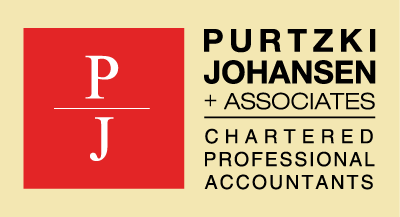“Always live within your income, even if you have to borrow money to do so.” – Josh Billings
Bank loans and mortgages are a fact of life for most of us, and doctors are no exception. Most young doctors start their career with no assets and big student loans. It is not uncommon for doctors to retire once they have paid off their debts.
Here are a few ways to tame the debt monster, so that you have more money left over for exotic vacations, home renovations, or boosting your retirement savings.
- Limit the servicing of your personal debts to one-third of your income.
If your net practice income before income tax is $300,000, your annual payments for personal loans and the house mortgage should not exceed $100,000. This payment allows you to finance loans up to $1,300,000, assuming an interest rate of 4 per cent. If one-third of your income goes toward income taxes, and one-third for loan payments, then you only have one-third or $100,000 remaining to fund personal living expenses and retirement plan contributions.
- Transfer debt to the Corporation
Whenever possible consider having debt in the corporation rather than your personal name. The loan principal must be paid with after-tax dollars, regardless of whether it is personal or corporate. Assuming a corporate tax rate of about 12 per cent (depending on your province), your company only requires $113,000 of before-tax income to pay off a $100,000 loan. At a personal tax rate of 45 per cent, you would require $180,000 of your practice income to pay the debt. Ideally the only personal debt you should carry is your house mortgage. It is not advisable to have your corporation own your home, however, because you stand to lose a significant personal tax benefit and a future tax-free sale. On the other hand, if you purchase a recreational property primarily for rental or occasional personal use, make sure your corporation owns the property so you get the benefit of paying off the mortgage with more favorable after-tax dollars. If you have personal investment loans, transfer the investments and related debt to the corporation. There is a special tax election that exempts you from any tax when selling your investments to the company.
- Make the debt tax deductible
Discuss with your PJ&A adviser various options to convert your personal debt into a tax-deductible corporate loan. Here is one scenario.
Your remaining mortgage is $200,000 on a rental property you purchased for $500,000 and personally own. You also have a house mortgage of $300,000. You can elect to transfer the rental property to the corporation for $500,000. The company could assume the existing mortgage, and take out a new corporate loan of $300,000. Transferring the property at the elected $500,000 cost results in a tax-free transfer and you can use the $300,000 to repay the mortgage of your home. With this transaction, you now have essentially converted a $300,000 non-deductible mortgage into a deductible $300,000 corporate loan.
The key to managing your debts is to find ways to pay off your loans with the least amount of your precious practice cash flow.




